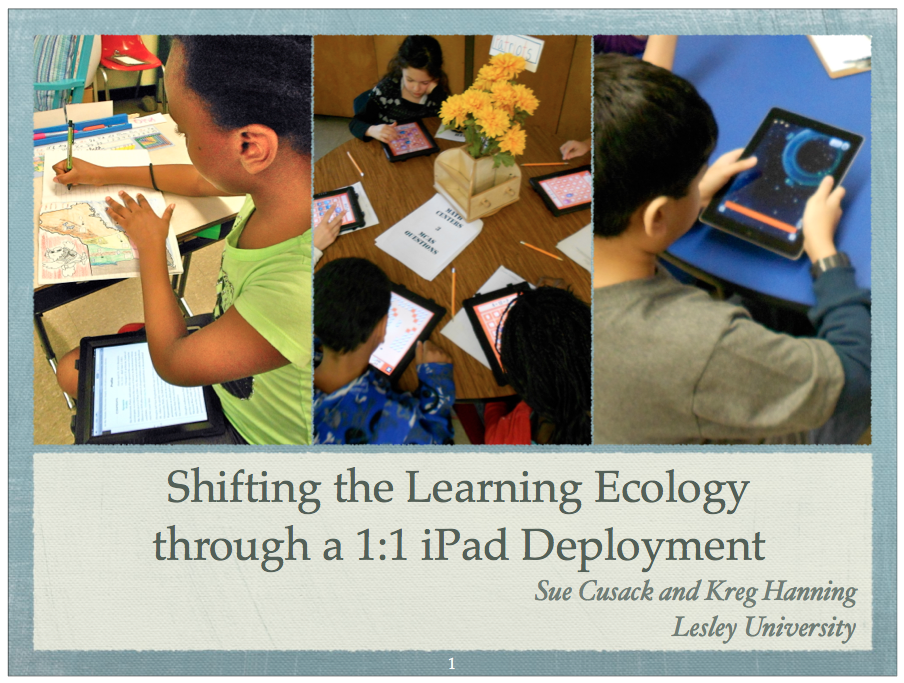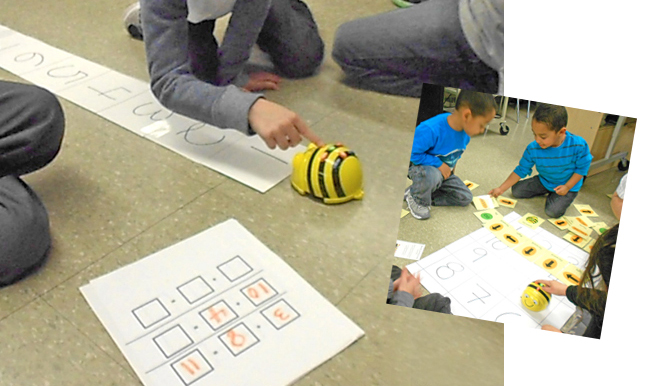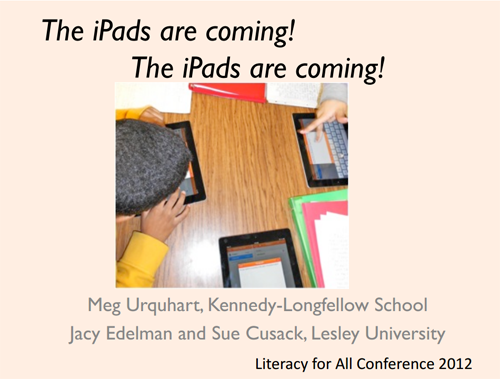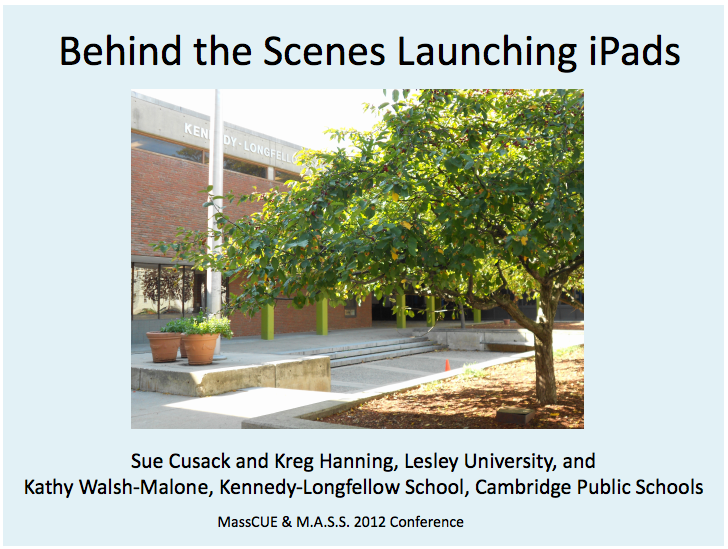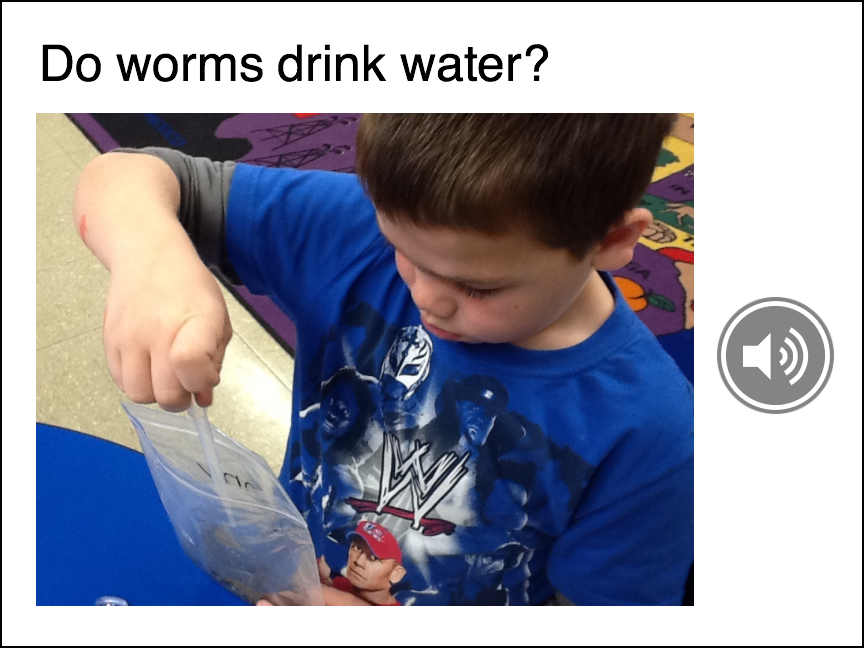
Ms. Dillon’s second grade class studied soil and compost during the month of October. After reading books, observing the KLO garden and collecting leaves and cuttings, each student created their own compost baggie, complete with worms. Each week, the bags were taken out for observation, with students recording their hypotheses, questions, and findings in their science journals through writing and illustrations. The project was documented using the iPad camera to take snapshots of the process and the recording app to record video of student questions and reflections. Images and video were then combined into Book Creator, with the final eBook being shared with all students and families.
Screenshot from the eBook:

